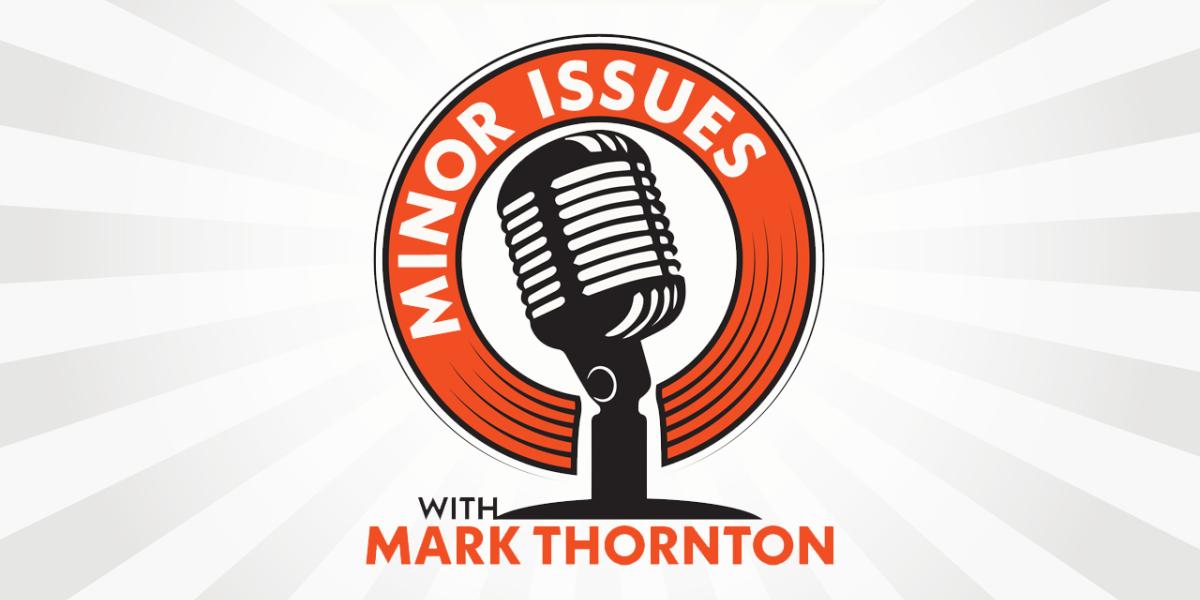Examining Political Bias in Academia | Mises Institute
The Mises Institute is a prominent non-profit organization dedicated to the advancement of the Austrian School of economics, which emphasizes individual freedom, free markets, and the principles rooted in the legacies of economists Ludwig von Mises and Murray N. Rothbard. The institute serves as a hub for teaching and research, promoting a philosophy that opposes state intervention and advocates for a society grounded in private property rights. By emphasizing the importance of individual liberty and sound economic theory, the Mises Institute seeks to influence the intellectual landscape, steering it away from collectivist ideologies and towards a more libertarian paradigm.
At its core, the Mises Institute stands firm against the influences of statism, which it views as detrimental to personal freedoms and economic prosperity. The organization is non-political and non-partisan, maintaining a clear mission to promote its foundational ideas without compromise. The Mises Institute believes that its principles possess enduring value, and it strives to uphold these without succumbing to external pressures from popular political or social movements. This steadfast approach positions the institute as a guardian of authentic economic theory and advocates for the principles of freedom and non-intervention.
One of the key activities of the Mises Institute is its commitment to education. The organization provides a variety of resources, including lectures, publications, and academic programs, to disseminate knowledge about Austrian economics and the importance of liberty in society. Through conferences and seminars, the institute cultivates an environment conducive to intellectual exchange among scholars, students, and practitioners of economics. This educational emphasis not only reinforces the values of the Austrian School but also assists in cultivating a new generation of thinkers equipped to challenge prevailing economic doctrines.
The Mises Institute also engages in the careful preservation and promotion of historical narratives that align with its principles. By championing an “honest history,” the institute seeks to inform the public about the philosophical and economic contributions of key figures in the Austrian tradition while critiquing narratives that progressivist or collectivist ideologies have propagated. The organization believes that understanding history through a lens of individual autonomy and responsibility is essential for fostering a culture of peace and mutual respect in international relations.
Moreover, the Mises Institute is actively involved in the ongoing discourse surrounding current economic and political issues. It provides analysis and critiques that rely on Austrian economic theory, aiming to offer alternative perspectives that challenge mainstream economic policies. By addressing contemporary issues through this lens, the institute seeks to demonstrate the practical implications of its theoretical foundations and advocate for policies that promote freedom, entrepreneurship, and voluntary exchange.
In summary, the Mises Institute is a pivotal institution that champions the Austrian School of economics and the ideals of individual liberty and private property. Through its commitment to education, historical accuracy, and contemporary discourse, the institute confronts statism and promotes a vision of society based on voluntary cooperation. By remaining resolute in its values and opposing the dilution of its core principles, the Mises Institute positions itself as a key player in the philosophical and educational battlegrounds of our time, aspiring to reshape the intellectual climate in favor of libertarian values.
Share this content:












Post Comment